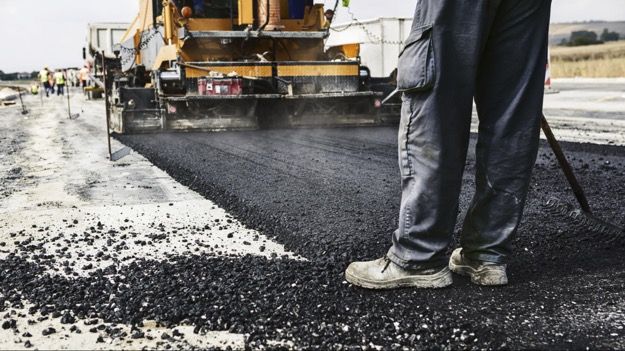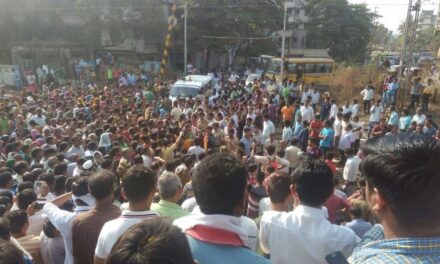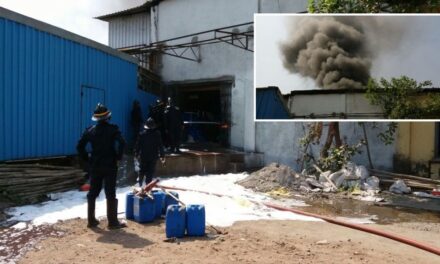
Maharashtra to use 50,000 tonnes of plastic waste to build ‘better’ roads, save Rs 200 crore in the process


Over 50,000 tonnes of plastic will be used to pave 10,000 kms of road over the next 5-6 years (Representational Image, Courtesy: RTV Oost)
After banning the use of plastic, Maharashtra government is trying to tackle the problem of existing waste by utilising 50,000 tonnes of plastic to build over 10,000 kms of roads in the state over the next 5-6 years.
According to reports, the Public Works Department (PWD) has already re-laid 1,000 kms of roads using 5,000 tonnes of plastic in the year 2017-18.
The plastic used in the road mix comprises of components like waste bags, pouches, bottles and other household & decorative items, most of which were banned last month.
Since Maharashtra generates over 1,000 tonnes of plastic waste every day, it will be difficult for the department to use up the leftover waste of the last three decades.
However, despite the need for alternate and additional means of disposing plastic waste, the Maharashtra Pollution Control Board has called the move a step in the right direction.
Meanwhile, PWD secretary C P Joshi has asked contractors to use plastic waste from dump yards located in the vicinity of the road construction sites. Several woman self-help groups have also been roped in to collect and crush the plastic waste.
The state, incidentally, has a target of re-laying 1,000 kms of roads using plastic every year. However, PWD is aiming at covering 10,000 kms of roads in the next 5-6 years itself, resulting in a utilization of over 50,000 tonnes of plastic waste.
Back in 2016, Prime Minister Narendra Modi had told the state government to instruct contractors to mix plastic in tar while laying roads on an experimental basis.
The experiment was deemed successful after Central Road Research Institute inspected the roads with asphalt and plastic mix and found that they were less prone to potholes and offered better water resistance.
It apprised the PWD of its findings, adding that the roads offered better load bearing capacity, making them ideal for highways, and were cheaper to maintain.
Apart from the obvious benefit of plastic waste utilisation, reports suggest that the use of plastic in roads will result in savings of over Rs 2 lakh per km on road maintenance, implying an overall savings of Rs 200 crore over the next 5-6 years.











